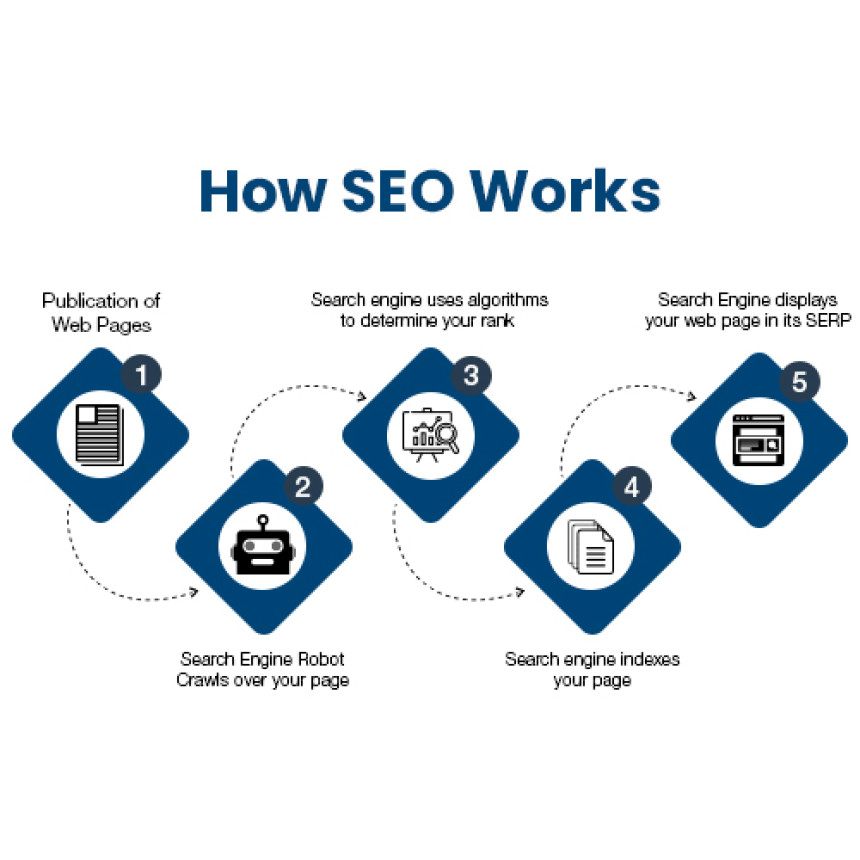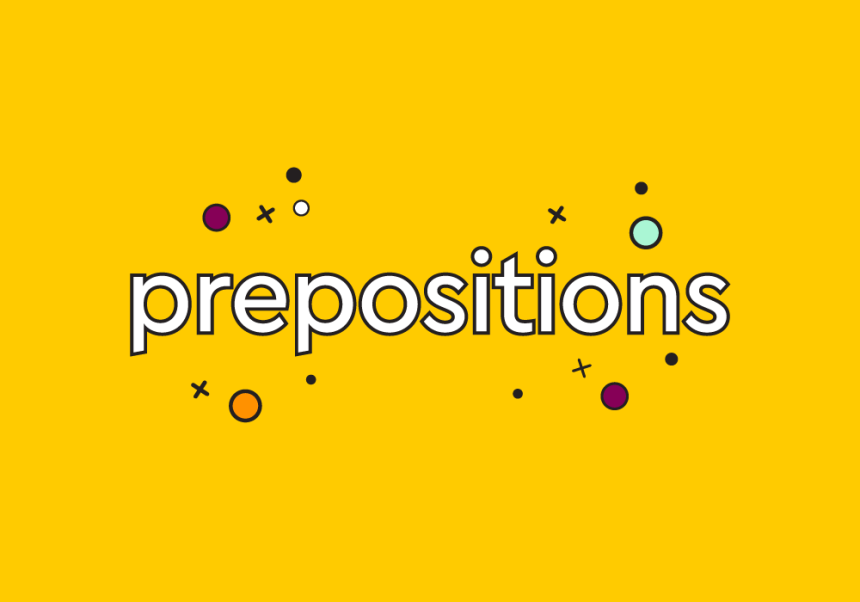
How to Use Personal Loans for Debt Consolidation
Using a personal loan for debt consolidation can be an effective strategy to simplify your debt and potentially save money on interest payments. Here's a step-by-step guide on how to do it:

1. Assess Your Current Debt Situation:
- Compile a comprehensive list of all your existing debts, including their outstanding balances, interest rates, and monthly minimum payments.
2. Determine the Total Amount Needed:
- Calculate the total amount you need to pay off all your existing debts. This will help you decide how much to borrow with the personal loan.
3. Check Your Credit Score:
- A higher credit score generally qualifies you for better interest rates. Check your credit score and report to see where you stand.
4. Shop for a Personal Loan:
- Compare personal loan offers from various lenders, including banks, credit unions, and online lenders. Pay attention to interest rates, loan terms, and any associated fees.
5. Apply for the Personal Loan:
- Submit an application for the personal loan, providing all necessary documentation and information about your financial situation.
6. Review Loan Terms and Conditions:
- Carefully read and understand the terms and conditions of the personal loan, including interest rates, repayment schedule, and any fees.
7. Receive Loan Funds and Pay Off Existing Debts:
- Once approved, use the loan funds to pay off your existing debts in full. This consolidates your debts into a single loan.
8. Create a New Repayment Plan:
- Develop a new repayment plan for the personal loan, considering factors like interest rate, monthly payments, and loan term.
9. Stick to Your Repayment Schedule:
- Make all payments on time according to the new loan terms. Consistent, on-time payments will help improve your credit score.
10. Avoid Accumulating New Debt:
- Resist the temptation to accumulate new debt while repaying the personal loan. This will help you stay on track with your debt consolidation plan.
11. Track Your Progress:
- Monitor your progress by keeping a record of your payments and regularly reviewing your remaining balance.
12. Explore Additional Strategies:
- Consider other strategies to complement your debt consolidation efforts, such as budgeting, increasing income, or seeking professional financial advice.
13. Maintain Financial Discipline:
- Practice responsible financial habits, including budgeting, saving, and avoiding unnecessary expenses.
14. Monitor Your Credit Score:
- Keep an eye on your credit score to track any improvements resulting from your responsible repayment of the personal loan.
15. Seek Professional Advice if Needed:
- If you encounter challenges or have questions, consider consulting a financial advisor or credit counselor for personalized guidance.
Remember, using a personal loan for debt consolidation can be an effective tool, but it's important to commit to responsible financial management to ensure long-term success.





